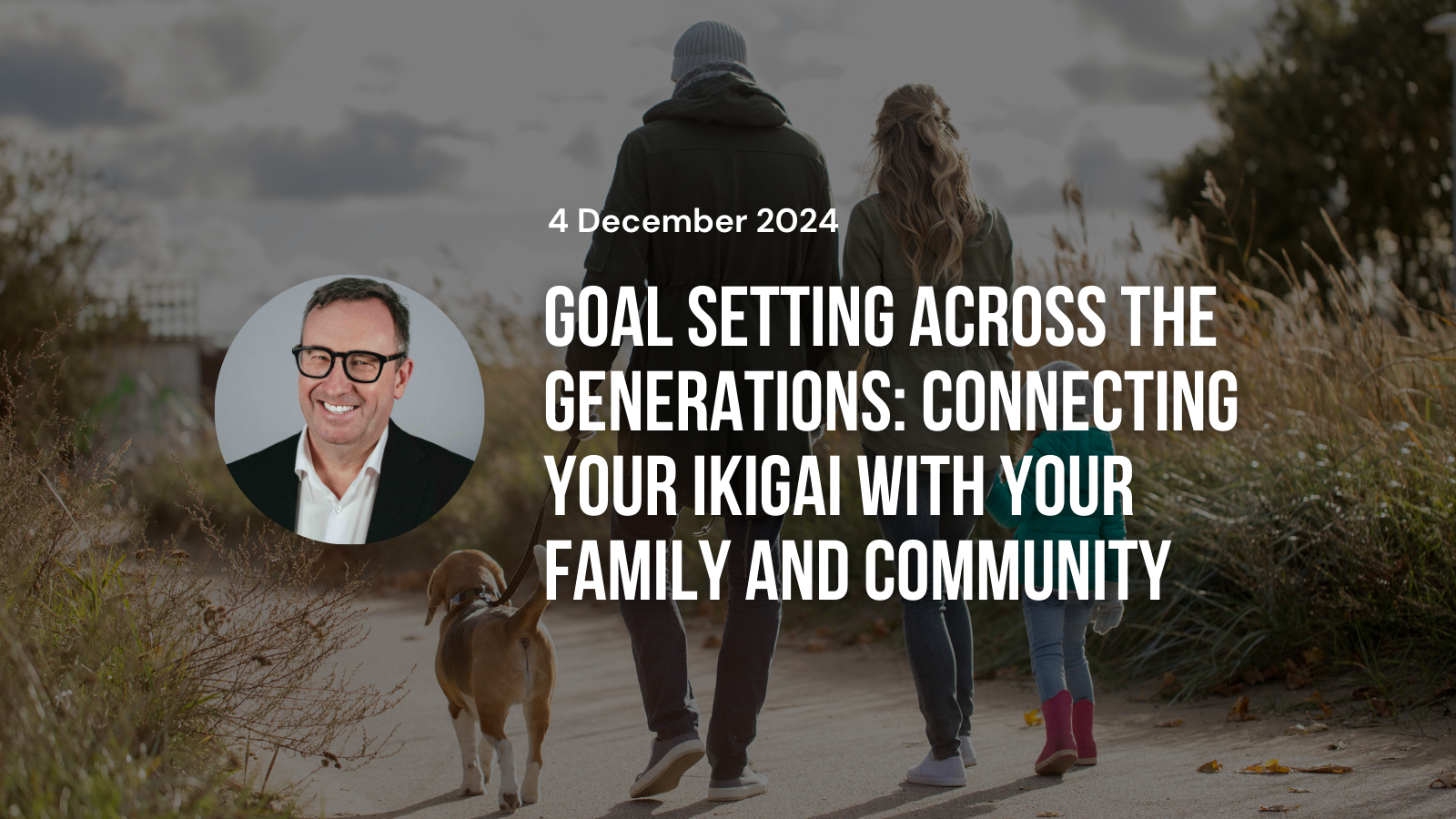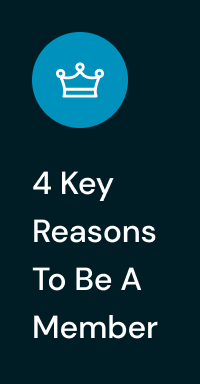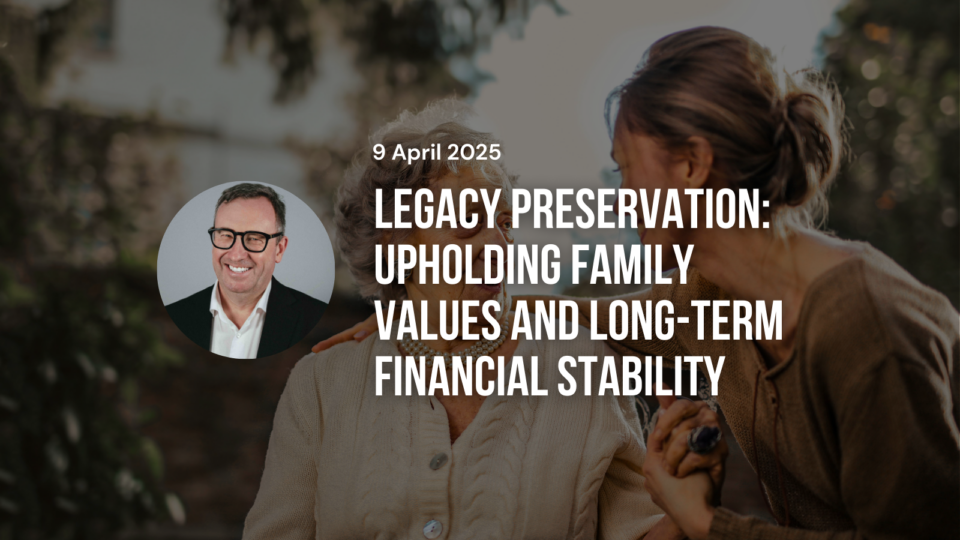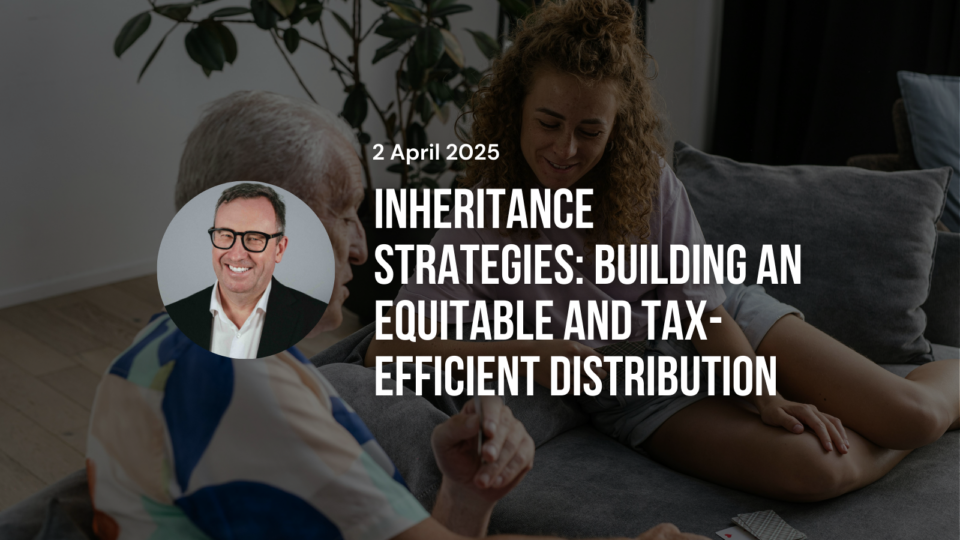

By Craig Keary, CEO of Selfwealth | Wednesday, 4 December
In the final chapter of this five-part series with the Australian Shareholders Association, Craig Keary connects back to the importance of goal setting and looks at it through the lens of the Japanese concept of ikigai.
During my time living and working in Japan, I became familiar with a concept known as ikigai. This translates to “reason for being” and it encompasses the several ways we find fulfilment in life as individuals – be it through work or other passions and vocations. You might have seen it illustrated as a Venn diagram of four interconnected circles: what you love, what you are good at, what the world needs, and what you can be paid for.
I have found this simple yet powerful concept to be valuable in framing goal setting and conversations for the best outcomes.
How ikigai can be applied to financial goal setting
If I know my purpose in life and what brings me fulfilment and meets my practical needs, it becomes much easier to set and achieve goals, whether they be large or small. Ikigai begins with self-reflection, helping each family member identify their personal values, passions, and skills. By sharing these insights across generations, families might uncover shared goals, such as supporting education, philanthropy, or entrepreneurship, creating alignment between individual and broader collective goals.
This applies to your financial goals as a family also. Balancing the financial realities (what can you be paid for/what does the world need) with personal desires (what do I love) provides practical direction for career planning, retirement planning and more.
Ikigai can foster intergenerational connection by surfacing the core values of each family member and providing a straightforward way to communicate an individual’s goals and priorities. For example, if a younger family member identifies that establishing a small business is a central part of their ikigai, this helps others in the family to better understand their financial and personal motivations.
These insights can also become invaluable when communicating with a family’s advisory team of financial advisers, solicitors, accountants, etc. The clearer you can be with your family’s ikigai, the higher quality advice you are likely to receive.
Allowing ikigai to facilitate a smoother wealth transfer
Conversations about ikigai open the door to discussions about financial expectations, values, and long-term goals, reducing the risk of misunderstandings.
These discussions can help clarify practical matters like gifting, estate planning, and the use of trusts while fostering emotional alignment.
Shared ikigai values also act as a touchstone during disputes or misunderstandings, ensuring decisions are grounded in the family’s overarching purpose and goals, rather than purely individual interests. In this way. Ikigai also helps manage emotional dynamics by reinforcing the “why” behind wealth transfer decisions.
Families can evaluate investment strategies and philanthropic contributions through the lens of ikigai. For example: “Does this align with what we love, what the world needs, and our skills?”
By taking this approach to financial planning, families can allow wealth to be used in meaningful and sustainable ways, growing a sustained legacy.
A legacy for you and your family
Beyond financial inheritance, ikigai encourages families to pass down knowledge, skills, and values, enriching the legacy left for future generations.
It shifts the focus from the basics of transferring assets, to building a foundation for ongoing purpose, wellbeing, and community impact.
As we conclude this series on intergenerational wealth transfer, it’s clear that this unprecedented $3.5 trillion shift represents more than just a financial event, it’s a profound societal transformation.
From the growing influence of women in shaping financial landscapes to the emphasis on subjective wellbeing as a measure of success, there are several unique but interconnected threads to this shift. By aligning purpose and legacy through the lens of ikigai, families can bridge these themes, ensuring that wealth not only transitions smoothly but also supports meaningful, sustainable goals that enhance both individual and collective wellbeing.
This wealth shift is an opportunity for families to embrace a holistic approach to planning –one that balances assets with aspirations, and values with vision.
Important disclaimer: SelfWealth Ltd ABN 52 154 324 428 (“Selfwealth”) (AFSL 421789). The information contained on this website is general in nature and does not consider your personal situation. You should consider whether the information is appropriate to your needs, and where appropriate, seek professional advice from a financial adviser and/or accountant. Taxation, legal and other matters referred to on this website are of a general nature only and should not be relied upon in place of appropriate professional advice. You should obtain the relevant Product Disclosure Statement for any product mentioned and consider its contents before making any decision.
This article is brought to you by Selfwealth, a proud partner of the Australian Shareholders’ Association.





